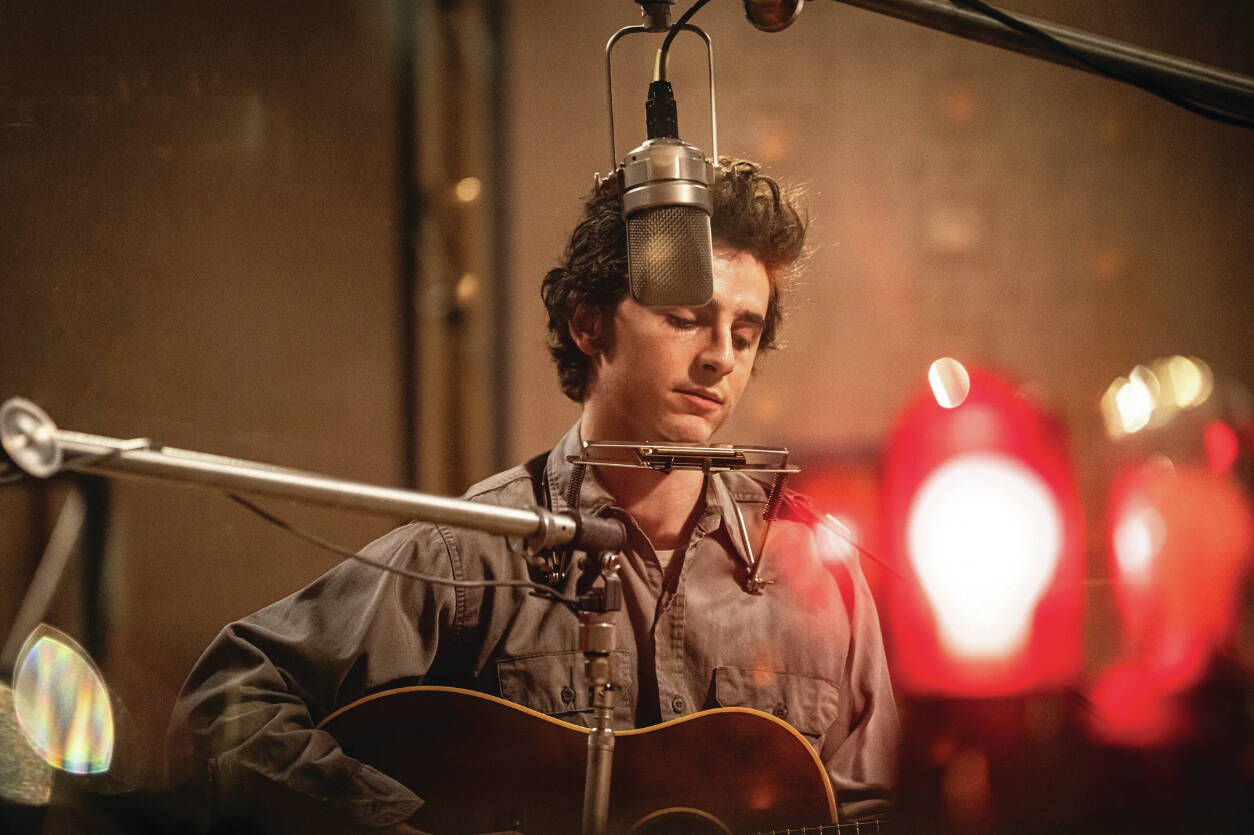The seminal moment in my music-listening life came upon my return to college campus from holiday break my junior year.
At the time, I was a metalhead. I thought Metallica, Pantera, Megadeth and Ozzie Osbourne (no better album than “Tribute”) and similar acts were great, and all other music was inferior.
My roommate liked his metal as much as anyone, but, by dragging me to concerts by groups like Nirvana and Alice in Chains, had at least been trying to get me to acknowledge the validity of alternative and grunge.
That night I nestled my head in between a pair of Klipsch tower speakers and grabbed the alternative band Nine Inch Nails’ “The Downward Spiral” from my roommate’s CD collection.
With the machinelike mania of Trent Reznor whizzing around my head, I ironically found clarity.
Music was not worrying if a band had sold out. It was not about a “true fan” knowing the story of everyone in the band, everyone who had been in the band and everything the band had written. It was not about what your friends thought.
If it sounded cool, if it spoke to you in the moment, enjoy. Worry about nothing else.
That’s the attitude I took into “A Complete Unknown,” the new Searchlight Pictures release starring Timothée Chalamet as Bob Dylan.
The reviews I read before seeing the movie were generally positive, but a few were stinging. These criticisms tended to revolve around liberties taken with the historical record, and anger that the movie says nothing new about Dylan and has absolutely no novel insight into who Dylan was.
In the press done to accompany the release of the movie, director James Mangold and Chalamet never claimed to be aspiring to such goals.
Chalamet said he was hoping his performance would introduce Dylan to a new generation of fans.
Mangold said he wanted the film to avoid the usually overambitious arc of a biopic by focusing on a short but pivotal time in Dylan’s life. That time starts with the early 1960s, when Dylan moves to New York City and gets immersed in its folk scene, and ends with his polarizing performance at the 1965 Newport Folk Festival.
Even with that focus, the run time nears two and a half hours.
Enjoy. Worry about nothing else, the lead actor and director seemed to be saying. And enjoy I did.
Chalamet meets the challenge of being Dylan. The problem of portraying iconic musicians is that the actors don’t have the musical talent of that musician.
The actor must provide a passable facsimile of the musician without any gaffes that bring a scratch of the record to suspension of disbelief.
Not only does Chalamet sound enough like Dylan, but his tousled, helmeted hair and puckish face look more like Dylan than Dylan ever did.
Though we never learn who Dylan is, the movie is called “A Complete Unknown” after all, thanks to a strong supporting cast we most decidedly learn who Dylan is not.
He’s not folk standard bearer Pete Seeger. Edward Norton plays Seeger in a pensive, quivering manner, right in line with his squeamishness of taking folk music into the electric realm.
Right before Dylan does exactly that at the 1965 Newport Folk Festival, Seeger tries to talk him out of it with a tortured and naive parable of progress best coming a teaspoon at a time.
Dylan’s not folk star Joan Baez. I know I just wrote the problem is actors don’t have the talent of the music talent they are portraying. The as-if-from-heavens soprano of Monica Barbaro puts that into question.
Against all odds, the singing of Dylan and Baez always worked together, though the relationship never really did. In this movie, Dylan tells Baez she tries too hard at writing songs. She’s the student who studies hard to do well in class, he’s the one who walks in and aces the test.
And Dylan’s certainly not girlfriend Sylvie Russo, played by Elle Fanning. Russo expects sincere dedication to relationships and similar zeal for papers on social justice. Dylan flits long enough on each to write songs about them.
While we don’t learn who Dylan is, we do get to know his music and the unique way it channels the universe — the energy of a certain time and place. As with everything Dylan, the real strength of the movie is the lyrics.
When Baez and all of New York is running frantically on the streets as the Cuban Missile Crisis looms, she comes across Dylan performing “Masters of War” in a basement club.
When Dylan performs “The Times They Are A-Changin’” for the first time, the movie does a poignant job of showing the quantum leap that folk music was taking by sampling expressions of those at the show. As Seeger would later say in his parable, they were using teaspoons and Dylan brought a shovel.
When Russo prepares to go on a trip, Dylan says he will miss her while foreshadowing an affair with Baez by playing the opening chords of “Don’t Think Twice, It’s All Right.”
When Russo watches in tears and eventually flees as Dylan and Baez sing “It Ain’t Me, Babe.”
When Dylan breaks with the tradition of folk by going electric at Newport, the first song is “Maggie’s Farm,” with themes of wanting to break free from the boredom of work.
And finally, when Dylan ends Newport — closing one era and starting another — with an acoustic version of “It’s All Over Now, Baby Blue.”
It all sounded cool. It spoke to me in the moment. Worry about nothing else.
“A Complete Unknown” will be playing this weekend at the Kenai Cinema. Check showtimes and purchase tickets at catheaters.com.

